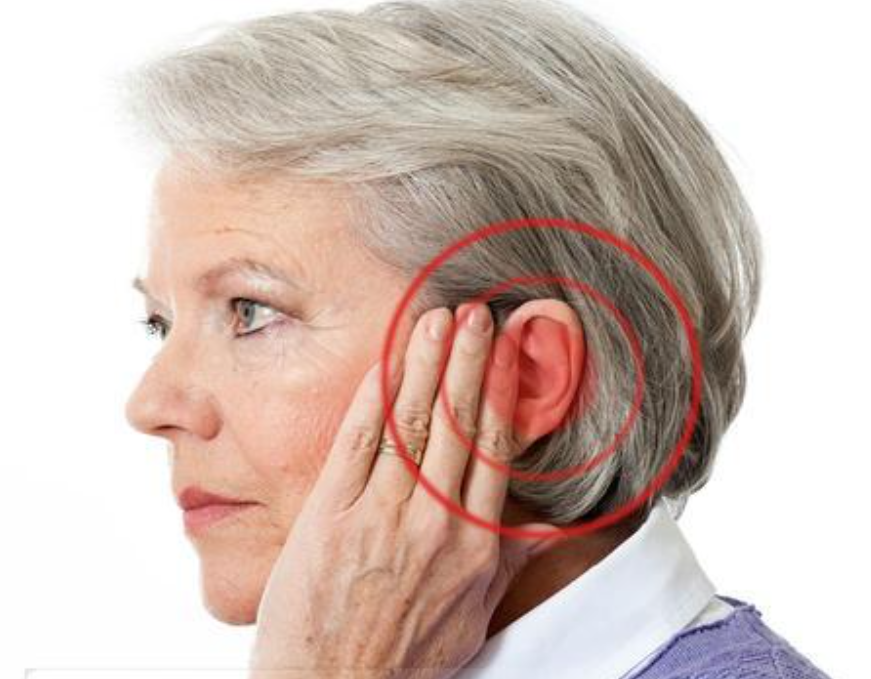
Listening is an important way of communication. How to prevent deafness? What causes hearing loss? Why genetic screening for deafness?
Sound depends on the external ear to collect acoustic signals, rely on the vibration of various structures of the middle ear, the mechanical and electrical conversion function of the inner ear, and the auditory nerve to transmit signals this series of delicate and complex processes to make us perceive, so any link on this conduction pathway, that is, the external ear, the middle ear, the inner ear and the different positions of the auditory nerve lesions may cause hearing loss.
According to reports, the common lesions of the external ear include cerumen of the external ear canal, cholesteatoma of the external ear canal, congenital stenosis of the external ear canal and even atresia.
Diseases of the middle ear include secretory otitis media, chronic suppurative otitis media, traumatic perforation of the tympanic membrane or disruption of the ossicular chain, which usually result in conductive deafness.
Sensorineural hearing loss is caused by inner ear or neuropathy. Common diseases include sudden hearing loss, Meniere's disease, acoustic neuroma, etc.
There are many causes of deafness, including congenital deafness, drug-induced deafness, otitis media, inner ear infection, senile deafness, noise-induced deafness, sudden deafness, and auditory neuropathy.
Many patients think deafness means they can't hear at all, but it's not.
Different degrees of hearing loss in one ear, although you can hear the sound, but also can be called deafness, it will cause a lot of inconvenience to daily life, communication and language development.
According to the analysis of the causes of deafness in China, genetic factors, that is, gene-related factors, account for 60%. Some hereditary deafness presents as hearing impairment at birth and can be detected by neonatal hearing screening.
Some cases of normal hearing at birth and hearing loss later in life are also related to their own genetic defects.
Genetic diagnosis of deafness is the diagnostic process of the cause of deafness through the detection and confirmation of the known deafness-related genes. Through the two main measures of neonatal hearing screening and genetic screening of deafness, babies with deafness or potential deafness risk can be found early, and the ratio of deafness to mute can be reduced, so as to improve the hearing health of the whole people.
In addition, tinnitus is also a common disease.
Tinnitus refers to the absence of external stimulation, that is, when there is no sound outside the world, their subjective feeling of sound in the ear or intracranial.
The etiology of tinnitus is complex and the mechanism is unclear.Therefore, when persistent tinnitus occurs, it is necessary to pay attention to whether there is ear congestion, hearing loss, earache, vertigo, etc., and it is necessary to conduct a specialist examination to clarify the cause, so as not to delay the condition.
Experts suggest that to prevent deafness, we should first pay attention to ear hygiene, avoid long-term exposure to noise or use high volume headphones to reduce the vibration damage of the ear.
Secondly, try to avoid the use of ototoxic drugs, especially those with potential risks to hearing, such as gentamicin and streptomycin.
In addition, older patients should have regular plaque checks of the carotid artery, as some plaque loss may lead to secondary hearing loss.

